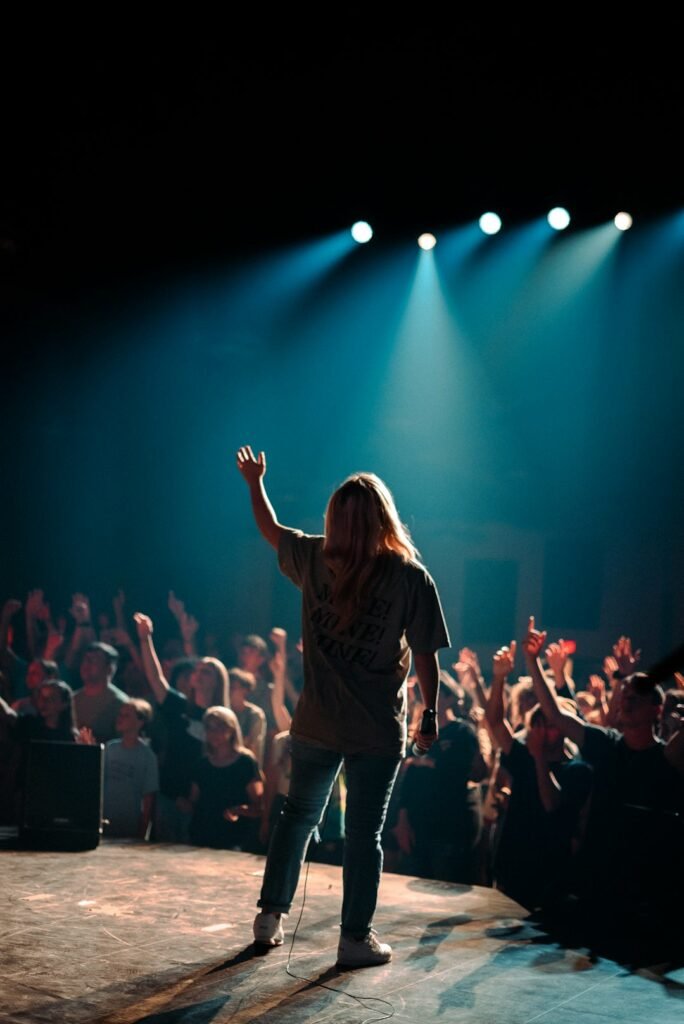
It is not so much that I mind what people want to believe in, but I do sometimes get frustrated when they are unwilling to discuss why they believe what they do. I remember a time, a few years back, having a discussion with the then Director of Mission to Unreached Peoples. I had crossed a line that put me outside the perimeters of their Statement of Faith, and, as I had promised him when he hired me, I handed in my resignation. The following day, he wanted to visit my project at Wat Opot to check on another member of the MUPS team, and so I invited him to come out with me on the bus.
We didn’t talk much on the two-hour ride out in the backseat of the bus—not that I didn’t want to, but because whenever I would ask him a specific question about what he believed in, his answer was always, “I don’t know, I guess I never really thought about it.” That seemed strange to me at the time, but I finally stopped asking questions and ended our relationship in silence.
Perhaps, however, he was not lying after all, for I have known others since that time who have said they are believers, but when asked to explain why, they don’t have a clue as to how to answer. When pressed, they finally admit that they believe what they believe because they heard it from someone they trusted, but had never really thought about it on their own. Imagine that—living your whole life on the words of someone else without asking yourself if there is any validity to what you are being told.
There are many points in all religions that don’t make a whole lot of sense to me, but one in particular has bothered me for a long, long time and, in fact, I was kicked out of Mr. Timer’s Sunday school class many years ago for asking, “How could God know all things before they happen?”
For that to be true, God would have had to write the screenplay of Life in advance and then create a cast of bit actors (that would be you and me) to play the different roles. We are not told anything about the plot or the ending of the play, only given our daily script to act out, and for the play to be successful, none of us can ad-lib our parts, because that just might ruin the ending. Does that sound realistic to anyone? Are we all just bit actors in God’s play, and when our part is not needed anymore, we just fade away like actors in a soap opera?
Of course, given the state of our world today, it would be nice to believe that God did write the script and has prepared a happy ending for it—like maybe a Rapture of all the good guys followed by a Grand Finale, with heavily armed Angels rounding up all the bad guys and throwing them into a Lake of Fire, while the chosen shout Alleluia from the sidelines.
Great idea for a Mel Gibson movie, and in the end, while the titles are scrolling across the screen, the audience of Heavenly Host and raptured bit actors would be shown giving a standing ovation to God, the Playwright and Creator of the entire cast and setting. Of course, if God didn’t write the script and we are not just bit actors in his play, but real, live people ad-libbing day to day on this planet Earth, who but ourselves could we hold responsible for the condition of our life and our world?
There’s something almost tragic about living a whole life on borrowed convictions, never testing them against experience or reason. My purpose for writing is not to provide answers but to raise questions, in the hope that it will encourage others to form their own beliefs, so that when they are challenged, they can defend themselves. Even if we arrive at different conclusions, the process of genuinely wrestling with these questions—of being able to articulate why we believe what we believe—seems essential to authentic living. Whether someone ends up with traditional faith, agnosticism, or something else entirely, at least they’d own their conclusions rather than simply inheriting them. That would perhaps be more valuable than any predetermined script could ever be.


